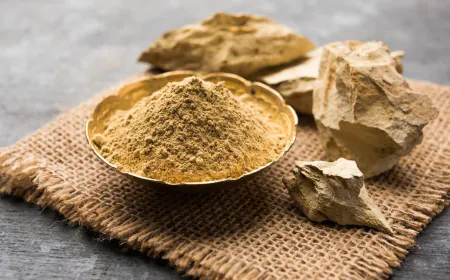BIS brought quality standards for biodegradable food utensils, now cutlery makers will have to do this work
BIS said in a statement that this standard recommends suitable parts of plants and trees and provides manufacturing techniques such as hot pressing, cold pressing, molding, and sewing. The new standard emphasizes smooth surfaces and non-sharp edges. At the same time, the use of chemicals, resins, and adhesives has been banned. The disposable plate market is estimated to reach US$ 6.73 billion by 2028.

Bureau of Indian Standards i.e. BIS said on Thursday that it has come up with quality standards for biodegradable food utensils amid increasing demand for them. The standard "IS 18267: 2023" covers various aspects including raw materials, manufacturing techniques, performance, and hygiene requirements for the production of biodegradable utensils. Come, let us know about all the things said by the Bureau of Indian Standards.
The new standard should ensure the use of agricultural by-products, such as leaves and husks, as the preferred material for making plates, cups, bowls, and more. The standard recommends suitable parts for plants and trees and provides manufacturing techniques such as hot pressing, cold pressing, molding, and sewing, BIS said in a statement.
The new standard emphasizes smooth surfaces and non-sharp edges. The use of chemicals, resins, and adhesives has been banned. According to BIS, the standard provides broad guidelines to manufacturers and consumers to maintain uniformity in quality requirements across the country.
The increasing use of disposable tableware across the globe is driving the global market for disposable tableware. It states that the market size of disposable plates was estimated at US$ 4.26 billion in 2020 and is estimated to reach US$ 6.73 billion by 2028. Many large-scale and MSME-level manufacturers in India are actively contributing to the production of biodegradable cutlery.
The demand for these products continues to grow, leading to a steady increase in the number of manufacturers involved in their production. The implementation of this standard has far-reaching benefits as these utensils are free from harmful additives, thereby ensuring consumer welfare. It added that the standard also creates economic opportunities for farmers and supports sustainable agricultural practices while contributing to rural development.
For Latest News update Subscribe to Sangri Today's Broadcast channels on Google News | Telegram | WhatsApp





































.jpeg)















































































.jpeg)














